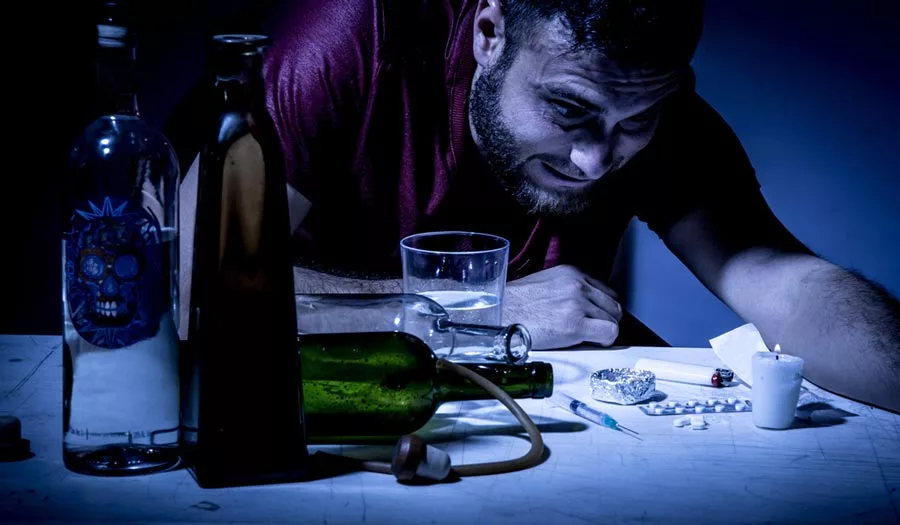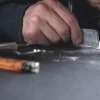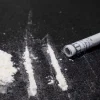Effective Drug and Alcohol Detox Center Programs for TN
Drug and alcohol detox centers are in demand within Tennessee. Addiction to drugs and alcohol has led to the destruction of many families and broken up our social fabric completely in some cases.
But why does drug addiction have such an impact on people’s lives? What causes people to fall prey to the lure of drugs? In this guide, we’ll look at drug addiction in all its forms, and explore treatment options that someone wanting to recover can seek out.
Drug Detox Hotline – Immediate Help
888-290-5254
Keep reading to find out more about our drug detox Tennessee offerings, and how Resurgence Tennessee can help you find a firm foundation for recovery!
What is Drug Addiction?

The word addiction is more often than not used as a blanket term to describe any type of destructive behavior. However, when it comes to a substance use disorder, there’s a lot of confusion about what exactly constitutes an addiction, and how it differs from other bad habits.
Drug addiction is defined as the brain’s inability to function normally without the use of a substance. It’s not simply a bad habit and it isn’t just physical dependence on a drug; it’s both. Drug addiction has been described as “a chronic disease of brain reward, motivation, memory, and related circuitry.” Essentially, these areas are responsible for feelings of pleasure and reward when certain activities are completed.
When you use drugs or alcohol for an extended period of time, your brain stops producing its own dopamine and relies on external sources to produce dopamine instead. Over time, this can lead to tolerance and physical dependence on the substance in question: The body becomes so accustomed to having it available that it becomes unable to function without it.
What Sort of Substances Can You Become Addicted To?
There are various substances that you can become addicted to. Some of these substances are actually legal to consume. Alcohol and nicotine are currently two substances that are legal for adults to consume in the majority of the world. Alcohol addiction is actually one of the more dangerous substance abuse disorders as the substance itself is so disorienting and abuse of it leads to countless accidents and deaths.
However, there are many other controlled and illicit substances that you can fall victim to abusing. Marijuana is still a controlled substance in many parts of the world and is routinely used in excess by many. Opioids are also widely abused globally. The concept of an “Opioid Crisis” is nothing new. Drugs like cocaine, heroin, and methamphetamines, or “crystal meth” are widely used.
Why Do People Fall Victim to Substance Abuse?

Substance abuse does not discriminate. This affects a wide array of persons from various walks of life, backgrounds, experiences, and denominations. So, this raises the question. Are there any underlying factors that can render a person more “at risk” of falling into the habit? In fact, there are. These various factors do not indicate a certainty of falling prey to excessive substance use by any means, but they are factors that can increase the risk significantly.
Genetics
The majority of drug addictions have a genetic component. This means that you may be more likely to develop an addiction if someone in your family has struggled with substance use disorder. Scientists have identified over 60 genes that are associated with addiction — but it’s important to note that this doesn’t mean you’ll automatically become an addict if you have these genes. It simply means that you’re more likely to develop a substance use disorder than someone without these genes.
Environment
Your environment plays a crucial role in whether or not you become addicted to drugs or alcohol, especially during adolescence and young adulthood when your brain is still developing. If you grow up in an environment where drug use is normalized, it’s more likely that you’ll try drugs at an early age — which increases your risk of developing an addiction later on in life.
Pre-Existing Conditions
Persons with pre-existing trauma or mental health conditions like depression and anxiety are at risk of developing substance abuse disorders as a result of trying to self-medicate through the usage of substances.
24 Hour Drug And Alcohol Addiction
888-290-5254
How Can Drug and Alcohol Addiction Ruin Your Life?
Addiction is a disease that affects the brain and behavior. It causes a person to use alcohol or drugs, despite serious health, social and legal problems related to substance abuse. Addiction can lead to health problems such as liver disease, heart disease, lung disease, and many types of cancer. Drug overdoses are also very common because these substances can cause unpredictable changes in body chemistry that can kill you if you take too much at once or if you use them with other substances. Aside from the risk of death or injury, addiction affects your finances, and your relationships and can even result in legal troubles.
What are Typical Withdrawal Symptoms Associated with Addiction?

Withdrawal symptoms are the outcome of the body’s reaction to the absence of a drug after it has been regularly used. While each substance has its own unique withdrawal symptoms, there are certain symptoms that occur in most cases. Drug withdrawal symptoms are often physical in nature. Typical withdrawal symptoms include:
- Sweating.
- Nausea or vomiting.
- Shaking or tremors in the hands or feet.
- Insomnia or nightmares.
- Difficulty concentrating or paying attention.
- Anxiety and depression.
- Increased blood pressure and heart rate (tachycardia)
Why You Should Consider Addiction Treatment Services for a Substance Abuse Problem.
If you’re struggling with drug and alcohol addiction, the truth is that you need support. The first step starts with substance abuse treatment. Addiction treatment providers are a core part of the recovery process. Treatment centers streamline the entire process.
Inpatient Treatment and Outpatient Programs
Inpatient treatment refers to the process of addiction treatment where you stay at a recovery center for the duration of your treatment. This is typically referred to as long-term recovery. Inpatient recovery is usually more expensive but much more involved. Outpatient services are typically reserved for those dealing with less intense addictions who don’t require the supervision of a medical professional throughout the process.
What Does Addiction Recovery Consist Of?

Typically, addiction recovery involves a phase of Detox, followed by therapy (or mental health services administration), and ending with an aftercare phase that involves the establishment of a support network.
Medically Supervised Detox
A drug detox program is typically where treatment begins. Drug abuse can be taxing on the system and the withdrawal symptoms are typically difficult to withstand. Oftentimes, you might be tempted to relapse without support. A medical detox aids with this. Medical detoxification involves supervision by a medical professional who can administer addiction medicine if necessary to temper the effects of withdrawal symptoms.
Therapy
Medical care when it comes to addiction, once the medical detox phase is passed involves a treatment plan involving mental health treatment programs. Typically, therapies like Cognitive behavioral therapy are employed. These are aimed at addressing the underlying issues that led to drug abuse in the first place. By addressing the issues, you can be helped from falling back into the habit.
24 Hour Addiction Treatment – Call Now!
888-290-5254
Aftercare
A critical component of rehab is the implementation of aftercare in the form of support groups. Being a part of a recovery community is critical to sustained sobriety. Oftentimes, as a person formally struggling with substance abuse you can feel alone. Being a part of a recovery community can help with this significantly as you meet other people with your shared experience who can relate to what you’ve been through.
Discover the Gold Standard of Tennessee Drug Detox Centers
At Resurgence Tennessee, our detox centers offer individualized care for drug and alcohol addiction. Our treatment programs are bespoke and tailored to your specific situation. Contact us today and a medical professional will be happy to get you evaluated, onboard, and on the road to recovery.
All calls are completely confidential, so please give yourself a chance to regain control of your life and reach out today!





